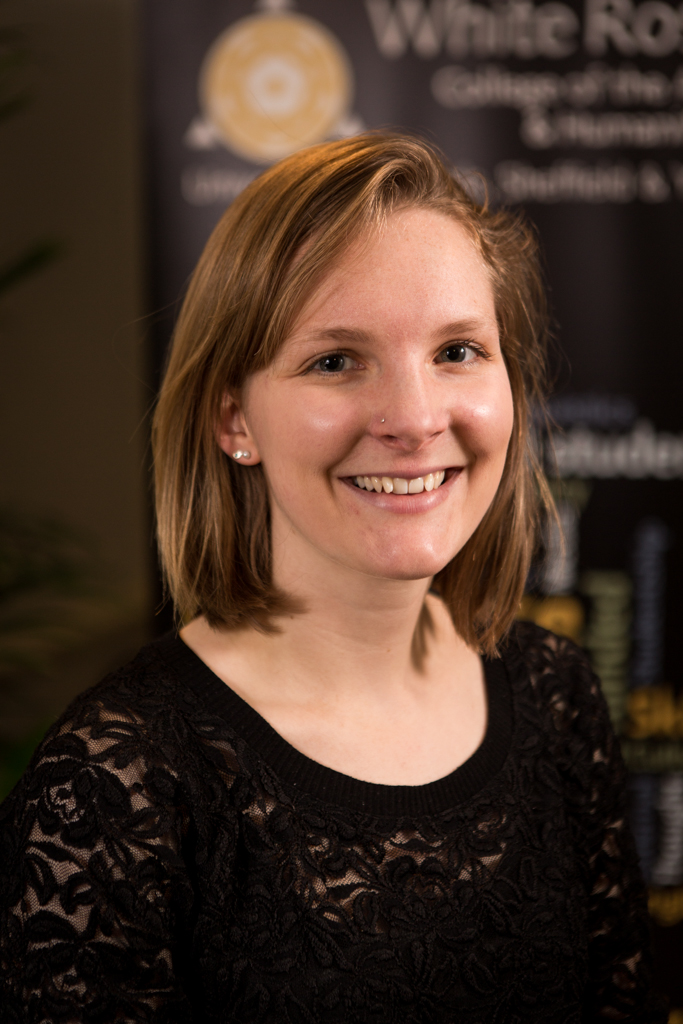PhD Graduates
Fiona Milne
Thesis Title
Censorship, character, and the political courtroom in radical British writing, 1792-1825
Supervisor(s):
Prof Jon Mee
Description
This research project explores prosecutions of radical British writers in the Romantic period, 1792 to 1824. I read trials alongside non-legal texts by writers including Thomas Paine, John Thelwall, William Godwin, Percy B. Shelley, Peter Finnerty, William Hone, and Lord Byron. I explore how these radical writers engaged with political censorship, in trials for offences such as seditious and blasphemous libel. More specifically, I examine how they represented and defended their characters, in court and outside of it. Evidence of good character was fundamental to the outcome of criminal prosecutions, throughout the eighteenth century and beyond. I am interested in the relationship between legal and literary approaches to character, both of which are thought by historians to have undergone a transition during the late eighteenth century - in the history of the novel, from characters identifiable by their external traits to those with an appearance of complex personal depth; and in legal history, from evidence of social status and community reputation to doctrines of capacity and intention. I argue that legal and literary histories of character map onto one another, with cross-pollination between different discourses of character. Moreover, I suggest that political prosecutions put particular kinds of pressure on representations of character, with important implications for how radical writers conceived of both their relationship with the public and their idea of an interior, creative self.

